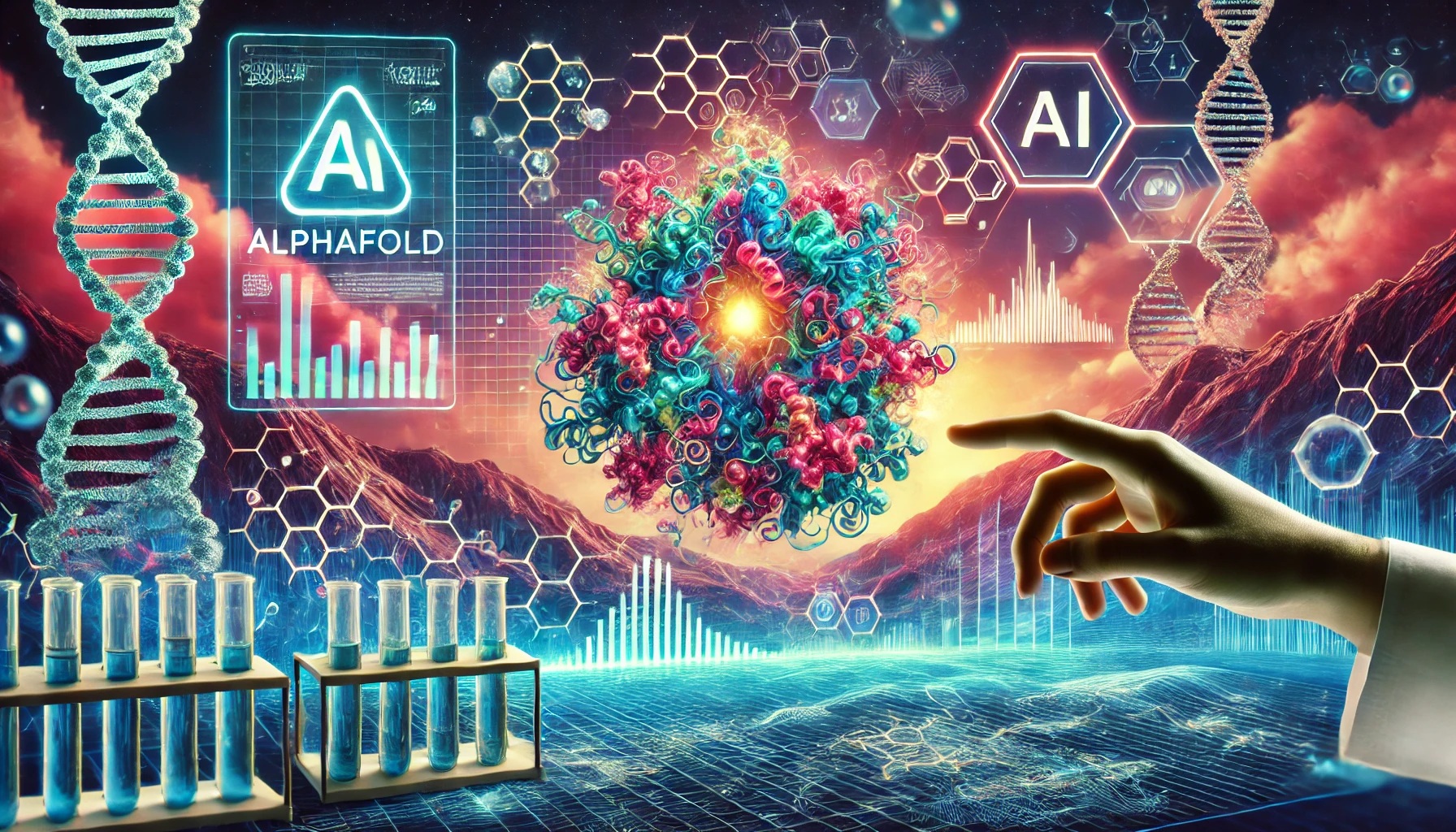AlphaFold, an artificial intelligence system developed by DeepMind, has taken the scientific world by storm. This groundbreaking tool solves one of biology’s grand challenges: predicting protein structures. In this article, we’ll explore what AlphaFold is, how it works, and its transformative impact on science, medicine, and beyond.
What is AlphaFold?
Proteins are the building blocks of life, performing critical functions in all living organisms. Their shapes, or three-dimensional structures, determine how they interact with other molecules. For decades, understanding protein structures required labor-intensive methods like X-ray crystallography or cryo-electron microscopy, which are expensive and time-consuming.
AlphaFold changes the game. It uses machine learning to predict protein structures with unprecedented accuracy. This AI tool leverages vast amounts of genomic data to determine the intricate folding patterns of proteins, a task that has eluded scientists for over 50 years.
How Does AlphaFold Work?
AlphaFold relies on deep learning techniques, a subset of artificial intelligence. It was trained on publicly available protein sequences and their experimentally determined structures. Key features of AlphaFold include:
- Attention Mechanisms: These allow the model to focus on critical parts of the protein sequence.
- Evolutionary Data: By analyzing how proteins evolve, AlphaFold identifies patterns that influence folding.
- Physics-Informed Algorithms: These ensure that predicted structures obey the laws of physics.
The system’s accuracy was showcased in the CASP14 (Critical Assessment of Protein Structure Prediction) competition in 2020, where AlphaFold achieved a median score comparable to experimental methods.
Why AlphaFold Matters
AlphaFold’s ability to predict protein structures has far-reaching implications:
- Drug Discovery: Pharmaceutical companies can use AlphaFold to design new drugs by understanding how proteins interact with potential compounds.
- Understanding Diseases: Misfolded proteins are linked to diseases like Alzheimer’s and Parkinson’s. AlphaFold provides insights into these conditions, paving the way for better treatments.
- Biotechnology: Scientists can engineer proteins for industrial applications, such as biofuels and sustainable materials.
- Global Challenges: AlphaFold contributes to research on enzymes that break down plastic and improve crop resilience.
AlphaFold’s Real-World Impact
The AlphaFold Protein Structure Database, a collaboration between DeepMind and EMBL’s European Bioinformatics Institute (EMBL-EBI), provides free access to the predicted structures of over 200 million proteins. This resource spans nearly all cataloged proteins and accelerates discoveries in fields ranging from agriculture to medicine.
For example:
- Researchers are using AlphaFold to identify vaccine targets for emerging diseases.
- Environmental scientists are exploring enzymes that degrade pollutants using insights from AlphaFold’s predictions.
Challenges and Future Directions
While AlphaFold is revolutionary, it’s not without limitations:
- Dynamic Proteins: It struggles to predict how proteins behave in different environments or when interacting with other molecules.
- Post-Translational Modifications: These chemical changes affect protein function and are not yet accounted for by AlphaFold.
Future advancements may address these challenges and integrate AlphaFold with other AI-driven tools for an even deeper understanding of biology.
Conclusion
AlphaFold is more than just a technological marvel; it’s a scientific revolution. By unlocking the secrets of protein folding, it accelerates research, drives innovation, and holds the potential to tackle humanity’s biggest challenges. As we continue to explore its applications, AlphaFold stands as a testament to the transformative power of artificial intelligence.
Citations
- Senior, A. W., et al. (2020). “Improved protein structure prediction using potentials from deep learning.” Nature. https://doi.org/10.1038/s41586-019-1923-7
- Jumper, J., et al. (2021). “Highly accurate protein structure prediction with AlphaFold.” Nature. https://doi.org/10.1038/s41586-021-03819-2
- EMBL-EBI and DeepMind. “AlphaFold Protein Structure Database.” https://www.alphafold.ebi.ac.uk
Check out the cool NewsWade YouTube Video about this article!
















